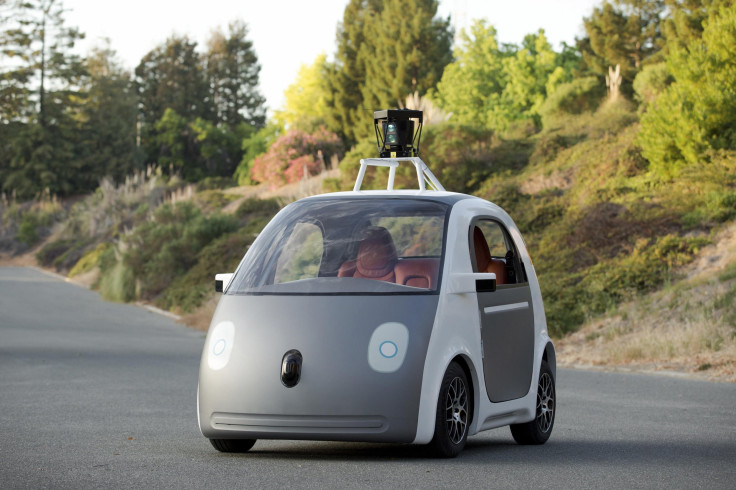Transportation Mode Influences How We Feel: Happiest Travelers Ride Bicycles, Followed By Car Passengers

In September 2012, Gov. Jerry Brown drove to Google’s headquarters in a self-driving Toyota Prius, and there he signed legislation that established regulations to operate driverless cars in California. Definitely cool, definitely science fiction, but will these so-called autonomous cars (for which Google is creating new software) make people happy? In a newly published study, researchers from Clemson University of South Carolina investigated how moods and emotions, including happiness, stress, and sadness, vary depending on a traveler’s mode of transportation and discovered that it’s biking that makes people happiest.
To conduct their survey, the researchers combed through data from the American Time Use Survey, which is gathered by the Bureau of Labor Statistics and includes the responses of over 13,000 people who recorded their moods during randomly selected activities. After analysis, the researchers were able to determine the average mood felt by people during different types of travel.
Overall, travel has only a “small total impact on how we feel,” the researchers found, compared to other influences. That said, one group of travelers stand out. "We found that people are in the best mood while they are bicycling compared to any other mode of transportation," said Dr. Eric Morris, lead author and assistant professor in Clemson's planning, development, and preservation department.
Sounds about right. "Bicyclists are generally younger and physically healthy, which are traits that happier people usually possess," Morris explained in a press release. Plus, he said people who bicycle tend to be a self-selected group, unusually enthusiastic about getting around by their own steam.
Diving deeper into the numbers, the research team found the next happiest travelers are car passengers who are followed by car drivers. At the unhappy end of the scale, bus and train riders experience the most negative emotions. According to Morris and his team, one probable reason for this is that mass transit is disproportionately used for commuting to and from work.
So how will all this impact our future moods and emotions once everyone is zipping around in their driverless cars? The study is ambiguous “as to whether the joy of driving will limit the appeal of autonomous vehicles,” noted the authors in their conclusion. Some people may feel the “loss of positive feelings of control, power, and speed” too deeply to ever “embrace the freedom from stress and monotony” that driverless cars promise.
Source: Morris EA, Guerra E. Mood and mode: does how we travel affect how we feel? Transportation. 2014.
Published by Medicaldaily.com



























